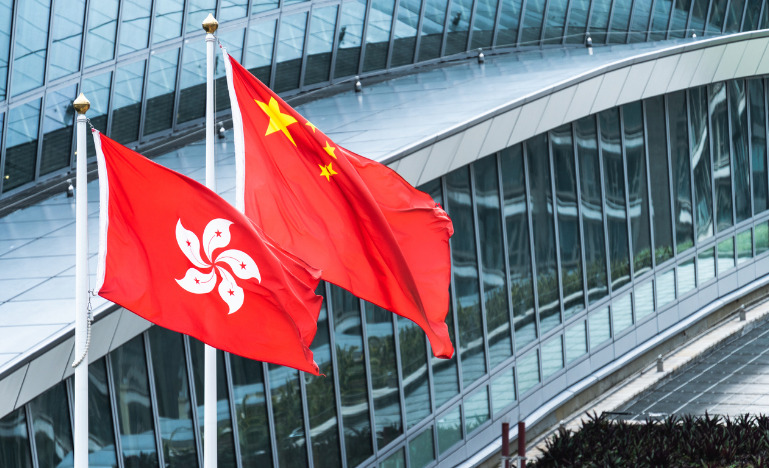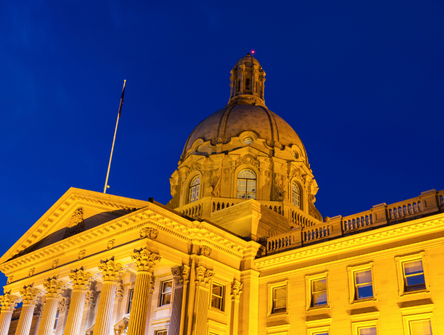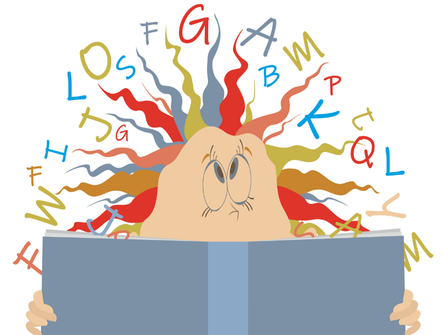Condemning use of Hong Kong's National Security Law
Actions by the Chinese government since the law's passage are eroding basic freedoms and the rule of law.

For Hong Kong's citizens, 2021 began on a somber note, with the arrests of dozens of pro-democracy activists, internet censorship, and thousands fleeing abroad, as the city's new National Security Law imposed by China took hold.
At next week's CBA Annual General Meeting, a proposed resolution moved by Lethbridge lawyer Robert Harvie, Q.C., would have the association join the International Bar Association and the International Bar Association's Human Rights Institute in condemning the crackdown. It calls for the Chinese government to uphold the freedoms outlined in Hong Kong's Basic Law and international law.
In tightening its grip over the city, China has drawn criticism for breaking its promise that Hong Kongers would enjoy separate civil rights for 50 years following Britain's handover in 1997.
The national security law, which came into effect last June, 202, gives Beijing powers to curtails protest and freedom of speech and addresses crimes of secession, subversion, terrorism and collusion with foreign forces. But it violates Hong Kong's de facto constitution, the Basic Law, which enshrined the principle of "one country, two systems" agreed between the UK and China before British rule in Hong Kong ended in 1997. The Basic Law protects rights such as freedom of assembly and freedom of speech and is supposed to be valid until 2047.
January's sweep of arrests has targeted students, community leaders, lawyers, elected politicians, political candidates, and academics.
For more on this topic and to share your views on the proposed resolution, please visit our discussion board.


